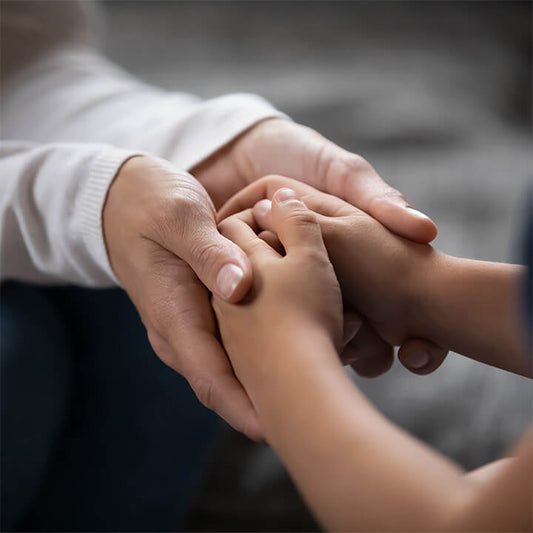Over the past two years, we’ve seen an increase in calls from parents struggling with their defiant and disrespectful kids. This behavior in kids seems to have increased significantly since the pandemic.
For four decades, Love and Logic has helped thousands of parents learn how to respond to defiance effectively without losing their cool. Using Love and Logic principles, here are three steps that helped a parent deal with her defiant son.
Step 1: Stay calm and say, “No problem. I love you too much to argue about this. If it doesn’t get done, I will take care of it.”
At her wits end, a mom told me that her son “just crosses his arms and mumbles, ‘make me,’ when I ask him to do anything. I feel like screaming, and sometimes I do. It drives me crazy!”
This mom was surprised, and a bit intrigued, when I asked, “What would happen if, in the short term, you let him think that he was getting away with acting that way? That you will take care of doing what needs to get done.”
“I don’t know,” she replied. “He needs to know that he can’t treat me that way.” “That’s right,” I agreed. “But what if you could buy yourself some time to calm down, knowing this would allow you to prove to him that you are the most powerful and loving woman in his life?”
The purpose of this first step is to avoid an angry confrontation and to give the parent plenty of time to think, plan, and get the help they need from others.
Step 2: Be quiet.
“This second step is the hardest part for most of us,” I explained. “Isn’t it hard to avoid reminders, lectures, or threats?” She agreed, “I feel so powerless. Nothing I do or say makes him comply.”
Out of our feelings of powerlessness come plenty of temptations to talk our kids into compliance. This talk-based approach just creates more conflict and provides the youth with more unhealthy power.
“But how do I get the job done?” she asked. “Do it for him,” I replied. “Or have someone else complete it, then say to yourself, ‘It’s okay for my son to think that he has gotten away with something—because soon he will realize that he hasn’t.’”
Step 3: Let sincere empathy and consequences do the teaching.
“Mom! It’s time for you to take me to practice! What’s taking you so long?”
With genuine empathy she replied, “Oh, this is so unfortunate. I’ve spent all my time and energy doing what you decided not to do. Maybe next week I’ll be able to take you.”
Regardless of how angry and argumentative our kids become, it is essential that we set and enforce these types of boundaries and understand that responding with empathy and very few words is always more effective than trying to argue sense into an angry child. We must also remind ourselves that the type of loss experienced by this young person early in life is far less expensive than the consequences he will face later in life if his defiance and disrespect remain unchecked.
There are two consequences, however, that people using Love and Logic should NEVER apply. Our kids should never lose their right to dignity, and they should never lose our unconditional love. Always treat kids with an abundance of empathy and respect.
Thanks for reading!











